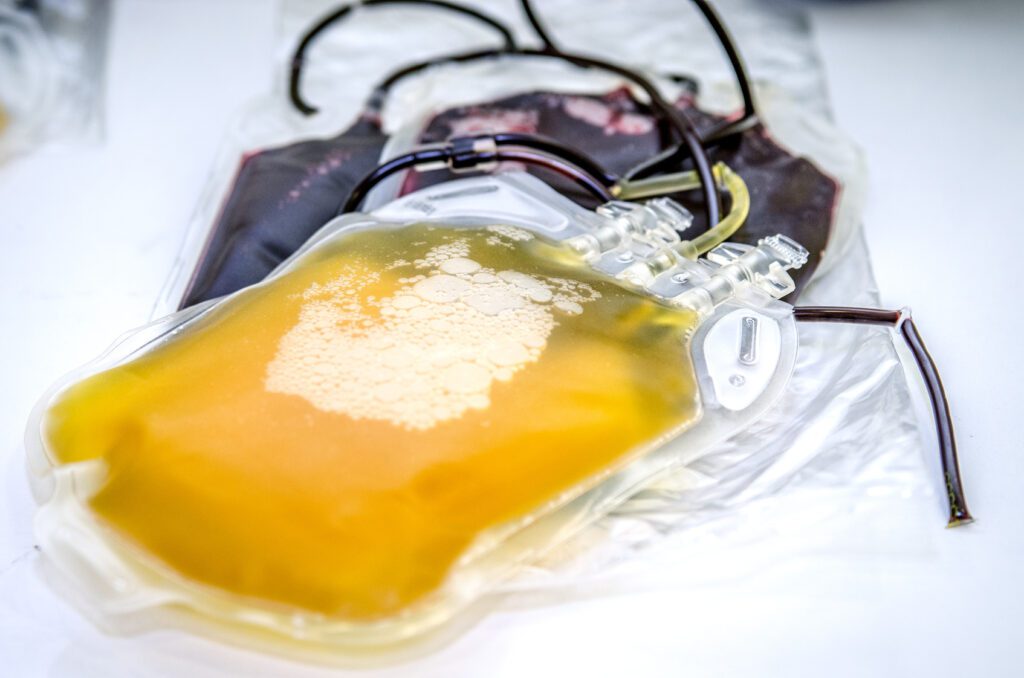That we now call “intergenerational fairness” has suffered a lot lately, and it’s not about to be improved by the news that the Baby Boomers are sucking the blood of the young. Although, in fairness, they are only after the plasma.
In Monterey, California, a new startup has emerged, offering transfusions of human plasma: 1.5 litres a time, pumped in across two days, harvested uniquely from young adults.
Ambrosia, the vampiric startup concerned, is run by a 32-year-old doctor called Jesse Karmazin, who bills $8,000 (£6,200) a pop for participation in what he has dubbed a “study”. So far, he has 600 clients, with a median age of 60. The blood is collected from local blood banks, then separated and combined – it takes multiple donors to make one package.
It’s no coincidence his scheme is based near San Francisco. The idea has become faddish in tech circles. While anti-ageing products usually hold more appeal with women, two-thirds of the more than 65 participants who have signed up for this trial are men. Mike Judge’s Silicon Valley sitcom recently parodied the notion, with arch-tech guru Gavin Belson relying on a “blood boy” following him around to donate pints of sticky red at inopportune moments.
That fictionalised account may well be based on the real-life adventures of Peter Thiel, the PayPal founder, who has expressed interest in having transfusions (Gawker even reported that he was spending $40,000 (£31,000) a quarter on regular transfusions from 18-year-olds).He, and various other thinkers who radiate out towards the death-evading “transhumanist” movement, are fascinated by “heterochronic parabiosis” – the sewing together of two animals in order to create a living chimera. Studies going back decades show the regenerative effects of one organism being joined to another. In the 17th century, Robert Boyle – he of Boyle’s Law – suggested “replacing the blood of the old with the blood of the young”.
In 2012, the University of Cambridge’s Dr Robin Franklin led a group that showed blood from young mice could replace myelin sheaths – crucial for combatting MS in older mice. But it was a 2014 Harvard report that seems to have kickstarted the present revival of interest in transfusions. There, scientists injecting old mice with the plasma of a younger generation found it improved their memory and their ability to learn. Conversely, injecting old blood into young seemed to knobble the young rodents.
Read More at the Source: Ambrosia: the startup harvesting the blood of the young | Society | The Guardian